The thrill of hitting the road in an RV means endless adventures and memories, but this also comes with responsibility. RV insurance is your safety net against unexpected twists on these journeys. It’s not just an add-on for peace of mind but also something critical that affects your financial future.
So, what’s actually covered under RV insurance? Well, this isn’t your typical car insurance; RV policies come with a range of options depending on the type of recreational vehicle you’ve got. From sprawling motorhomes to quaint campervans, what’s insured can be just as unique as the ride itself.
Ever wondered if you’re required by law to have RV insurance? Yes, indeed. And it makes perfect sense when you consider the nature of RVs. They’re not just vehicles; they are homes on wheels. This means that the level of risk and the complexities involved can be quite different from insuring a car.
The necessity of RV insurance can’t be overstressed. It’s all about having the right stopgap in case something goes wrong. Imagine handling an on-road accident or unforeseen repairs with a giant-sized bill all on your own. This is where RV insurance steps in, taking the weight off your shoulders and safeguarding your greatest investment in freedom on wheels.
Why RV Insurance is Essential for RV Owners
Cruising the open road in your RV is one of life’s greatest pleasures, but without the right insurance, a single mishap can turn your dream voyage into a financial nightmare. It’s like having a life vest on a boat. You might not want to wear it, but you’ll be glad you have it when needed.
Your RV isn’t just a vehicle; it’s a significant investment of money and emotional value. Insurance protects this investment from accidents, theft, and natural disasters. Imagine a storm tearing through your parked RV at a scenic spot. Without insurance, you’d be left handling hefty repair costs solo.
Personal liability coverage is another biggie. Accidents happen, and when they do, being insured means you’re safeguarded against financial claims if someone else gets hurt or if their property gets damaged when you’re behind the wheel. Legal and medical expenses can skyrocket quickly, but the right coverage helps manage those unexpected costs.
Let’s not forget the stuff inside the RV. It’s more than a vehicle; it’s your home away from home. From electronics to camping gear, RV insurance can cover personal belongings through various scenarios, like that unfortunate encounter with the raccoon that broke in.
Having insurance isn’t just about covering losses, though. It can also offer temporary housing and transport if your RV is out of commission after an accident. Taking care of these things yourself can be inconvenient and pricey, but having the correct coverage means less worry and more enjoyment of your travels.
What Does RV Insurance Typically Include?
RV insurance isn’t a one-size-fits-all deal, and knowing what’s included can make all the difference. At the core, every policy has a few standard offerings that you just can’t skip out on.
Collision coverage is like the backbone of your insurance. It steps in when your RV takes a hit from another vehicle or object. Whether you bump into a post or another car, this coverage handles repair bills, saving you from shelling out the cash yourself.
Next up is comprehensive coverage. It’s like a catch-all for everything not strictly collision-related. We’re talking theft, fire, vandalism, or even Mother Nature going wild. This is where you get peace of mind against the unpredictable.
Liability coverage is a must because, let’s face it, accidents aren’t always just about your RV’s damage. Sometimes, others or their property can be part of the picture. This coverage picks up the tab for damages or medical costs when you’re at fault.
Beyond these essentials, optional coverages can add some extra cushion. Think roadside assistance or total loss replacement, especially if you’re traveling far and wide. You’ve got options like full-timer coverage, too, if your RV doubles as your permanent address.
Ever wondered why your premiums aren’t the same as your friend’s? Several factors come into play: your driving history, the type of RV you are using, and even where you park it. Understanding these can help demystify why you’re paying what you are and help tailor a policy that fits just right.
Purchasing the Right RV Insurance: Key Considerations
Getting the right RV insurance isn’t just about snagging the first policy you find. You’ve got to play it smart and consider what you’re really up to with your RV. Take a good look at how, where, and when you use your vehicle.
Think about whether you’re only hitting the great outdoors during summer or if you’re a year-round road warrior. Your usage will guide what coverage you might need. Occasional road trippers might not need as much safeguard as full-timers, who live in their RVs all the time.
Comparing quotes is crucial. Insurance providers offer a wide range of options, and it’s worth your time to shop around. You might find tempting deals, but dig into the fine print! A cheaper premium might mean skimping on necessary coverages.
Customizing your coverage is where true value comes in. Not every RV is the same, and neither are every driver’s needs. Add-ons like roadside assistance can be lifesavers during breakdowns far from help. Want coverage for your luxury RV’s custom features? You can do that too.
And hey, don’t forget to involve the professionals! Talking to agents who know their stuff can help clear up misunderstandings and point you toward the best deals on coverage. They bring the expertise that’s not only reassuring but also makes life a tad easier, especially when you need claims handled fast.
Tips to Save on RV Insurance Premiums
Cutting insurance costs doesn’t have to mean slashing coverage or quality. One straightforward tip is bundling. By combining RV insurance with your home and auto policies, you might snag discounts that keep more dollars in your pocket every month.
Your driving record plays a big role in shaping your premium rates. A clean record shows you’re a low-risk driver, which often means better rates. But if there’s a history of hiccups, focus on improvements. Regular maintenance and installing safety features can help, too.
Discounts are out there if you know where to look. Membership in RV clubs or organizations can open doors to special rates. Some insurers offer a no-claims bonus that rewards you for each claim-free year you rack up.
Consider raising your deductible if you’re looking to lower premiums. But think it through. You don’t want to set it so high that it breaks your bank in case of an accident. Balancing a manageable deductible with monthly savings is the key.
Staying informed is your best tool. Regularly review your policy and touch base with your insurance agent. Adjustments over time ensure you’re not over-insured or paying for coverage you don’t need. Keeping coverage aligned with your life keeps premiums in check.
To learn more about us, click here.
Please feel free to ask a question or leave a comment before you read other articles on our website.
Pam and I hope that while you enjoy the RV lifestyle, you also run an online business from your RV! We do!!
With great RV connectivity, as discussed on this website, you can easily make money while traveling to whatever destination you desire.
Would you like to create an income while enjoying RV travel? Is there something that you are passionate about? You can create an online business that you can run anywhere. I can help you do that!
CREATE AN ONLINE BUSINESS FROM SOMETHING YOU LOVE TO DO!


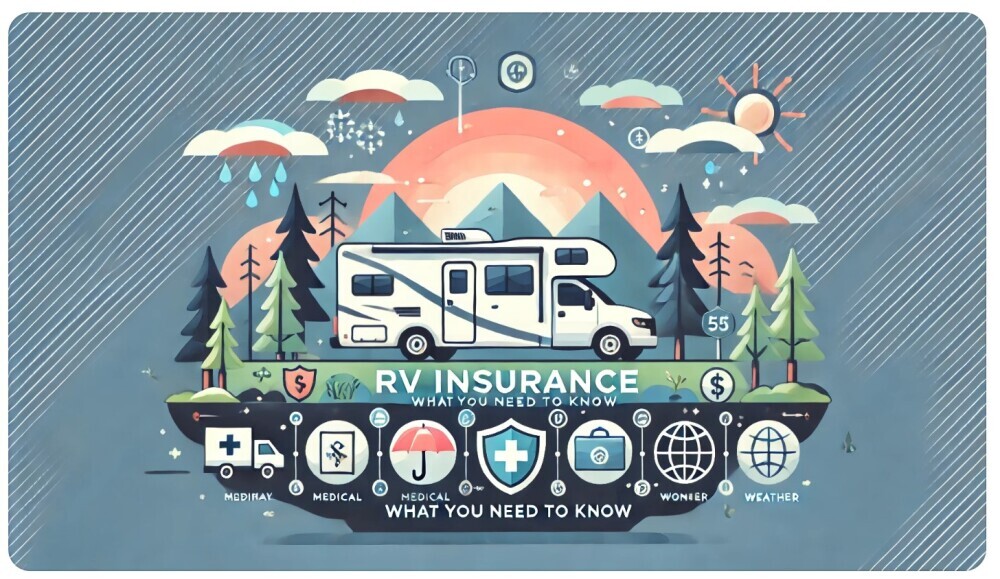
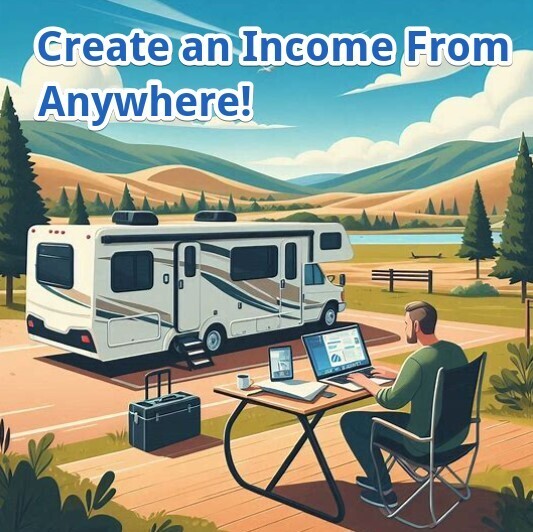

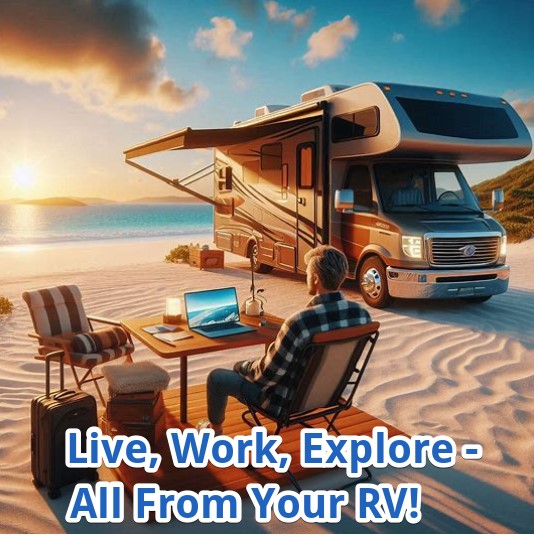
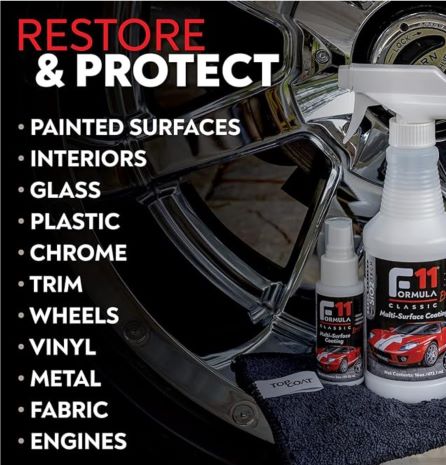
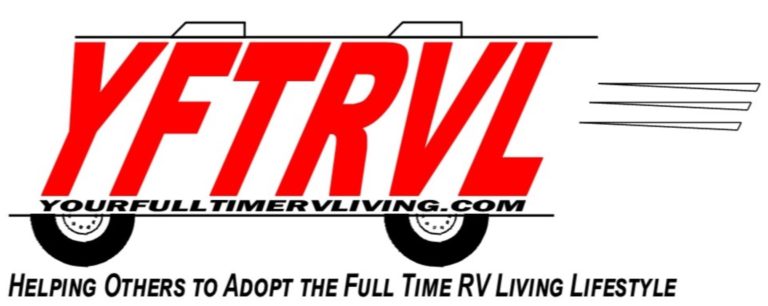



Recent Comments